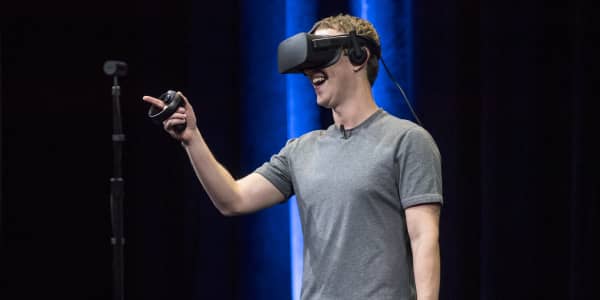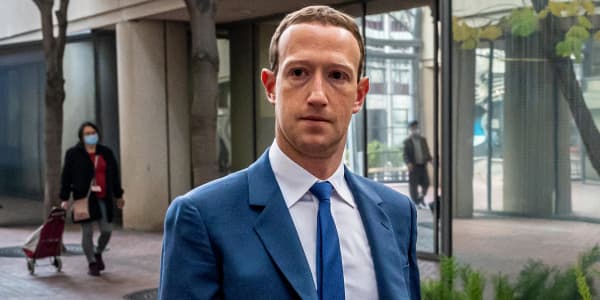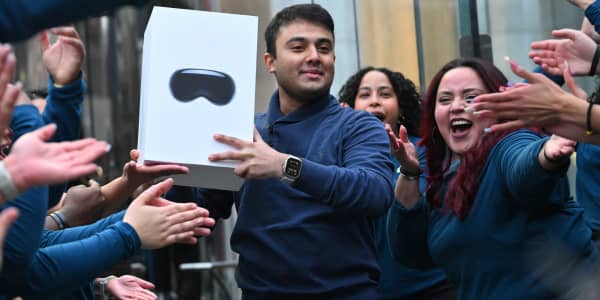More than half of U.S. states have now closed bars and restaurants to in-house patrons in an attempt to curb the spread of the coronavirus. In spite of the new limitations across 28 states, Americans are still buying liquor, albeit a little differently.
In New York, liquor stores are considered essential businesses, and they remain operational during Gov. Andrew Cuomo's shelter-in-place orders. "We saw a spike in sales after the announcement that businesses were closing, but things have started to slow a bit," says Stefan Kalogridis, president of the New York State Liquor Store Association. Still in touch with NYSLSA's 800 members across the state, he added, "I'm hearing that business is better than usual."
Business is better than usual for booze delivery services as well. Alcohol delivery app Drizly, which serves 26 states plus Washington, D.C., and Alberta, started to see the pandemic's impact on its business the week of March 8–15. By the next week, Drizly sales were up approximately 300% from earlier in the year, with that Friday ranking as its best day to date.
Those sales were largely driven by new customers, Drizly tells CNBC. New buyers in March have accounted for about 41% of sales, as opposed to the usual 15% under normal global health conditions.
Minibar Delivery, an alcohol delivery platform serving 18 states, also saw a spike in sales over the last two weeks. CEO and co-founder Lindsey Andrews told CNBC that from March 11–16, Minibar saw an uptick in orders from the week prior, as high as 131%, depending on the day. Corporate orders, however, were down to nearly zero as widespread stay-at-home mandates were announced.
On both the Drizly and Minibar Delivery platforms, drinkers are also packing more into their virtual shopping carts while sheltering in place. Each app reported a significant jump in order size, with total costs per order clocking in at more than 20% higher than usual.
Americans are creating new drinking rituals with all this alcohol while they're stuck at home. According to scheduling platform Doodle, there's been a 296% increase in group meetings booked specifically for virtual happy hours and drinking events in March when compared to February.
"Food and Wine" magazine's executive wine editor Ray Isle said in an interview with CNBC via Zoom, "I can't say I'd ever done this before, and I now have a fairly robust social schedule of family and friends who want to get together around 5:30 or 6 and have a virtual drink."
Liquor stores featured on these apps may be weathering this pandemic better than other alcohol retailers, despite hour and staffing cuts.
Booze delivery apps are trying to help where they can. Drizly CEO and co-founder Cory Rellas told CNBC, "We've been trying our best to keep local stores open even if foot traffic is down by 50 or 60%."
Executive director of the Illinois Licensed Beverage Association Daniel Clausner says it's a different story for many of the ILBA members, which account for about 20% of Illinois taverns and restaurants.
"We've been sending them information about relief opportunities from some of the large manufacturers of beer, wine, and liquor ... about the federal government's pending relief bill ... about SBA loan opportunities," he said.
The Illinois Liquor Authority typically requires two separate licenses for establishments providing off-premises and on-premises alcohol, but in light of he pandemic, it has granted municipalities the power to allow restaurants to offer some alcohol on their takeout and delivery menus. New York State has similarly relaxed liquor laws for restaurants.
These temporary changes in policy might help businesses crack into the alcohol delivery space during the pandemic, but once the coronavirus threat subsides, many hurdles remain. "When they're able to reopen, will that business be limited in the number of patrons that can come inside?" Clausner asked.
—By Cameron Costa, CNBC segment producer
For more on how you can make the most of your virtual happy hour(s) this weekend, tune into Friday's episode of Squawk Pod.





